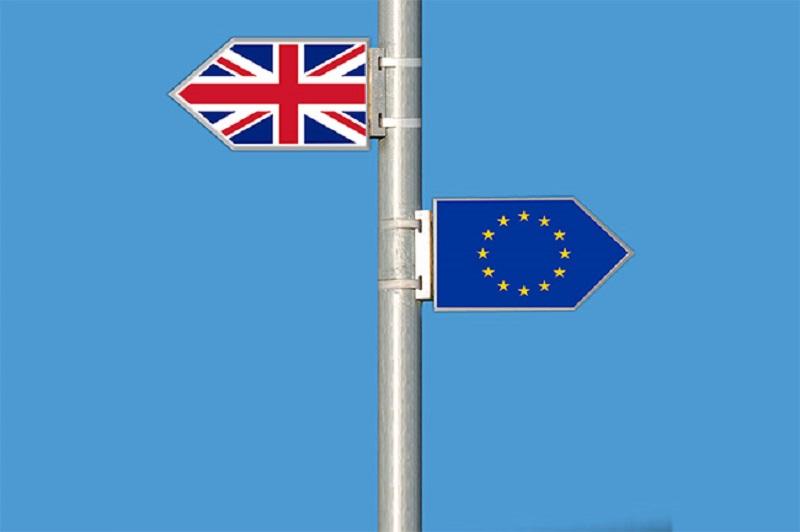The Select Committee on Exiting the European Union has published its latest report on the UK’s ongoing negotiation with the EU around a future trade deal.
The Select Committee on Exiting the European Union has published its latest report on the UK’s ongoing negotiation with the EU around a future trade deal.
Any future agreement will be made alongside those in place on the Article 50 withdrawal and transition period.
As part of its recommendations, the Committee agreed with the BVRLA’s call for the UK to consider remaining part of the European Economic Area (EEA), or European Free Trade Area.
The Committee will focus on the following when assessing the future agreement:
• Free trade of goods and services – there must be no tariffs on trade between the UK and the EU, with no additional border or rules of origin checks that would delay the delivery of perishable or time-sensitive deliveries or impede the operation of cross-border supply chains.
• Counter-terrorism – any new arrangement must replicate the current levels of operational and practical cross-border co-operation, with particular regard to the EU's information-sharing systems such as the second-generation Schengen Information System (SISII). The UK should also be able to participate fully in future institutional and decision-making frameworks around security co-operation.
• Free movement of workers – Any new immigration arrangements set up between the UK and the EU must not act as an impediment to the movement of workers providing services across borders.
• New and existing regulations (e.g. around air quality standards and emission limits) – The UK must seek to maintain convergence with EU regulations in all relevant areas in order to maximise access to European markets.
• The border between Northern Ireland and the Republic of Ireland must remain open with no physical infrastructure or any related checks and controls, as agreed in the Phase 1 Withdrawal Agreement.
• The UK’s ongoing membership of, and participation in, EU bodies (such as the European Aviation Safety Agency, and other agencies with benefits to continuing co-operation); EU programmes (such as the Horizon 2020 research funding programme); and safety and security agreements (such as the Open Skies Agreement and other agreements related to ensuring no disruption to the existing level of direct flights).
The agreement must be finalised by October 2018.
Committee Chair Hilary Benn MP said: “Should a deep and special partnership not prove successful, we consider that EFTA/EEA membership remains an alternative which would have the advantage of continuity of access for UK services and could also be negotiated relatively quickly.”
You can read the full report here on the Parliament.uk website.





